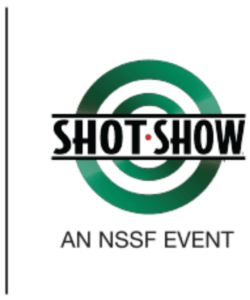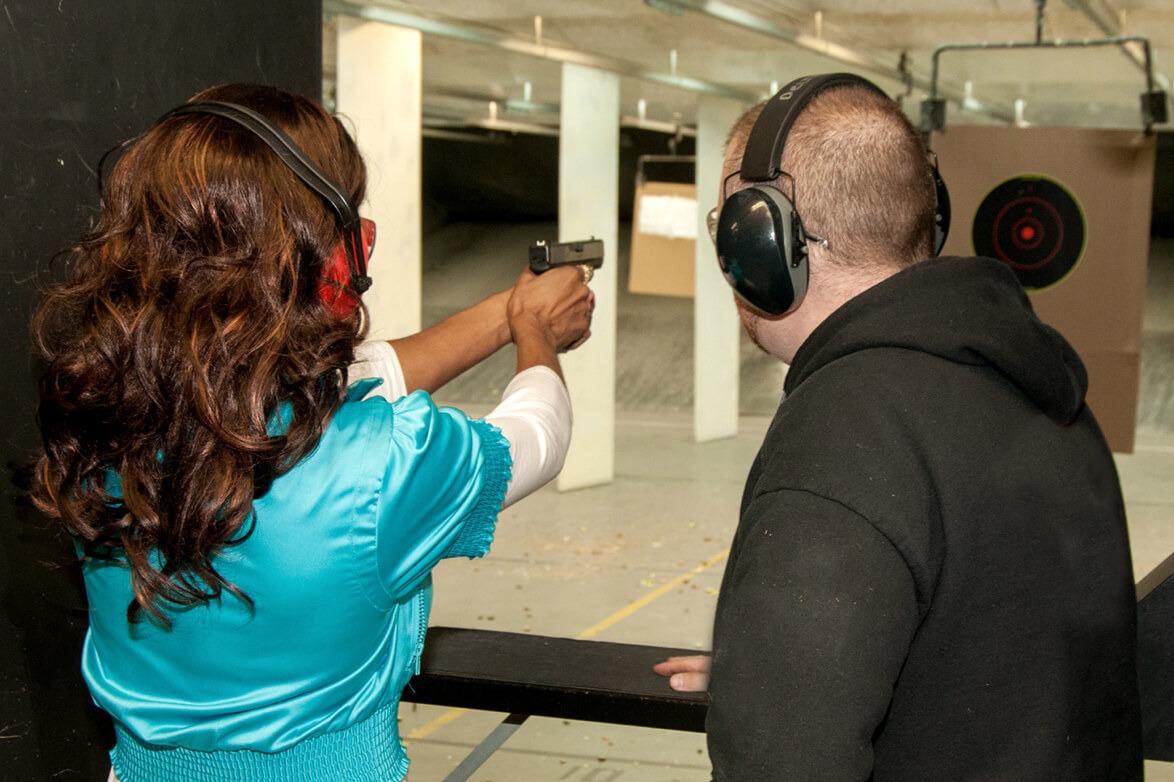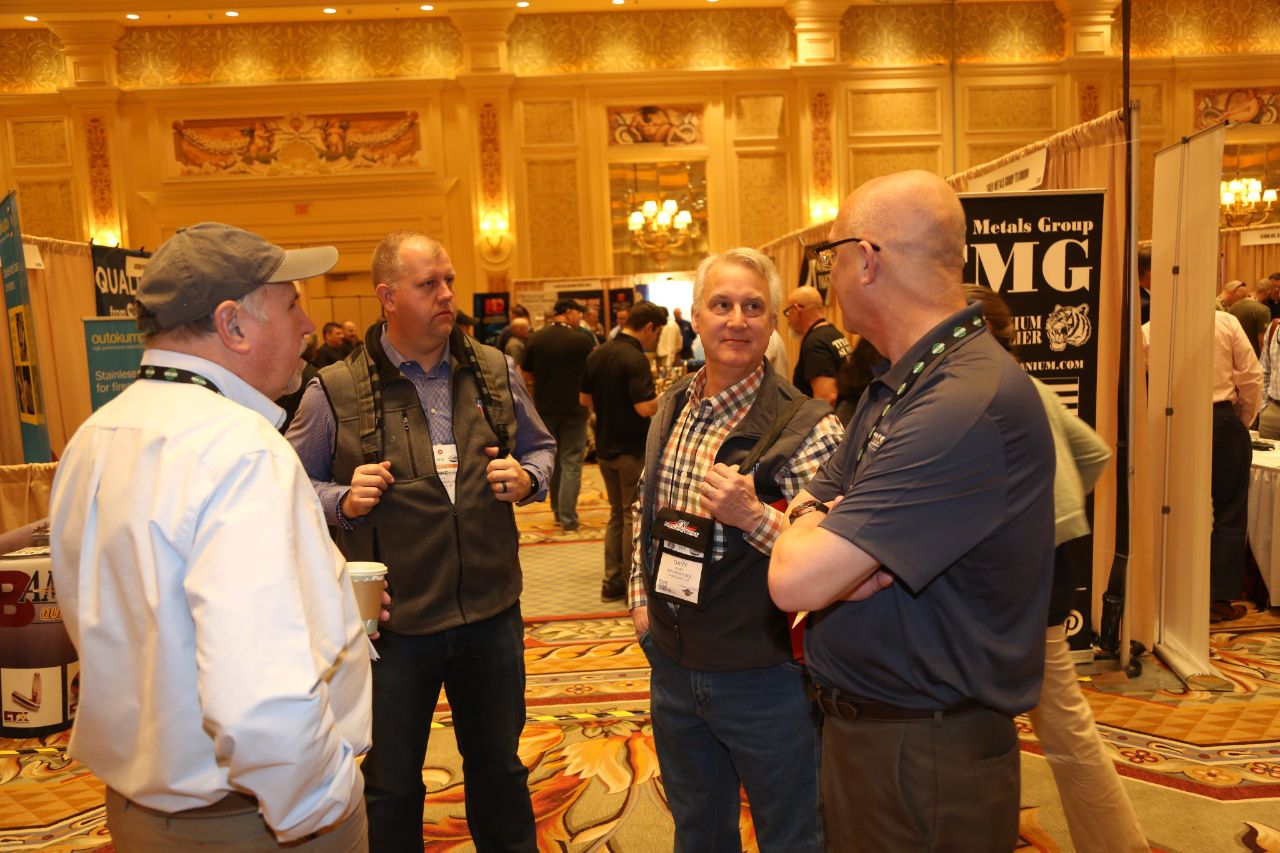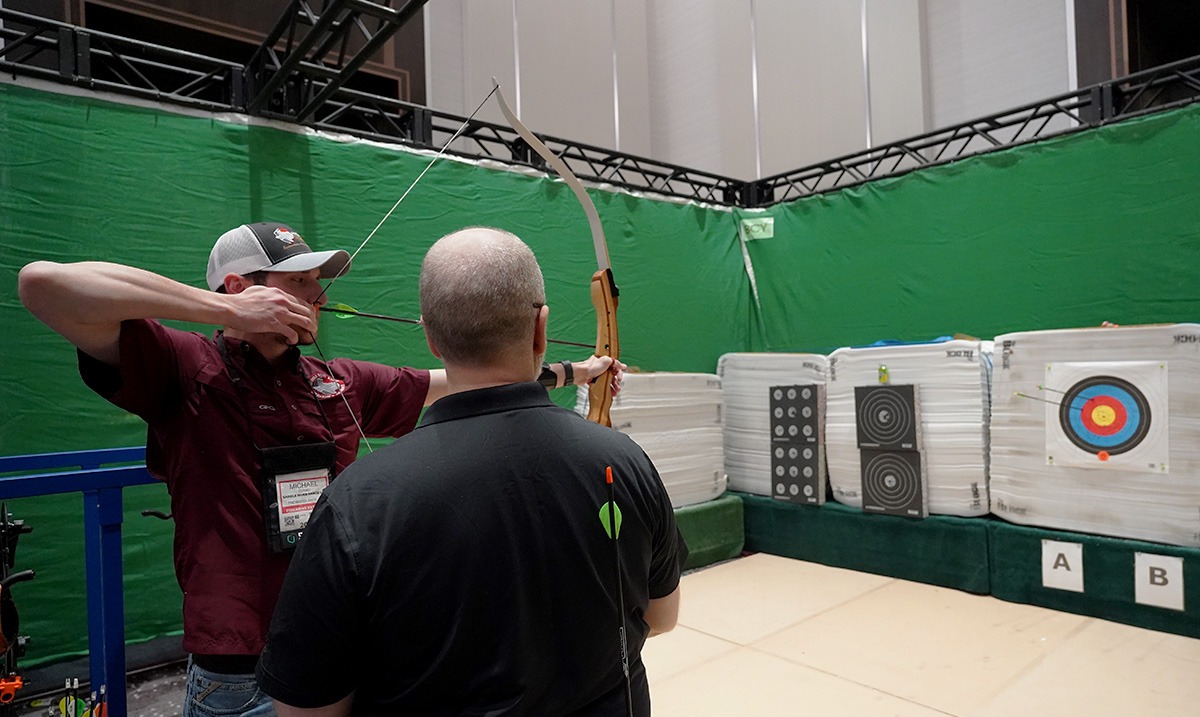 Back to News
Back to News
Image Source: (AP Images/Matt Rourke)
May 22, 2025
NSSF PROFILE Q&A: U.S. Sen. David McCormick (R-Penn.)
Editor’s Note: We are pleased to post the latest of our occasional Q&A features with an elected official who supports hunting and the shooting sports. NSSF thanks U.S. Sen. David McCormick (R-Penn.) for speaking with us about his staunch support for the Second Amendment and the importance of the firearm and ammunition industry to his constituents in the Keystone State. Sen. McCormick graduated from the United States Military Academy at West Point and went on to serve in the 82nd Airborne Division as a paratrooper. He was deployed to the Middle East during the First Gulf War and following his service in Iraq he retired as a Captain.
Sen. McCormick is serving in his first six-year term in the U.S. Senate where he is seated on the U.S. Senate Committee on Foreign Relations; the U.S. Senate Committee on Energy and Natural Resources; and the U.S. Senate Committee on Banking, Housing and Urban Development. We thank Sen. McCormick for speaking with us.
1) Who introduced you to hunting and shooting sports, and why are hunting and the shooting sports important to you in your job representing Pennsylvania?
I grew up hunting with friends in my hometown of Bloomsburg, Pennsylvania. Schools would even shut down on the Monday after Thanksgiving so we could all head out to the hills for the first day of deer hunting season.
Hunting is part of the fabric of our culture in rural Pennsylvania. It helps bring communities and families together, and that was no different in my family. From an early age, the start of deer season was something I looked forward to each year with my dad and brother.
2) What was your most recent shooting sports/hunting experience?
Unfortunately, I don’t get out to hunt nearly as much as I used to when I was a teenager, but I still try to go out once or twice a year. My most recent hunting experience was with my dad hunting pheasants in western Pennsylvania.
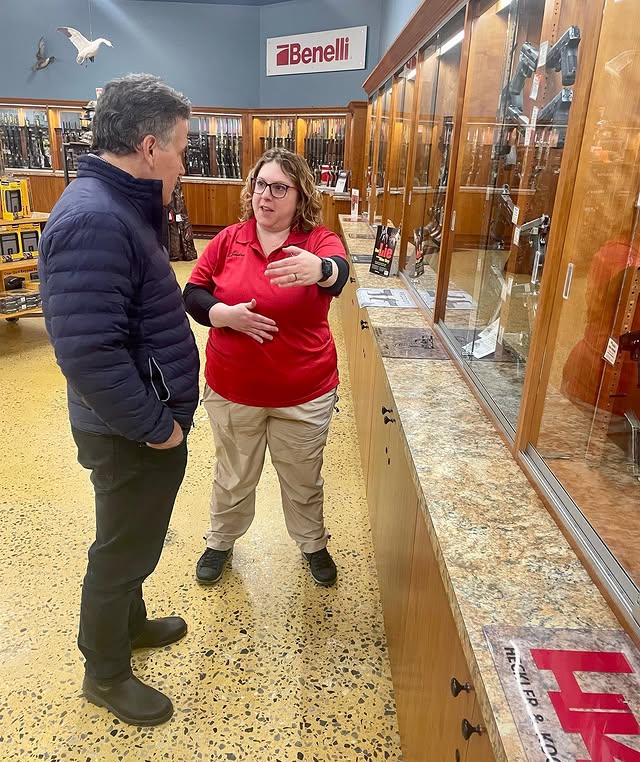
3) Describe your favorite shooting sports or hunting activity.
For me, it’s deer hunting. It was an important part of my childhood in Bloomsburg and is really such a tradition in Pennsylvania. It requires a lot of patience. Sometimes you’ll be in the deer stand for an entire day without firing a shot, but that makes it even better when you finally do get a clean shot at that buck.
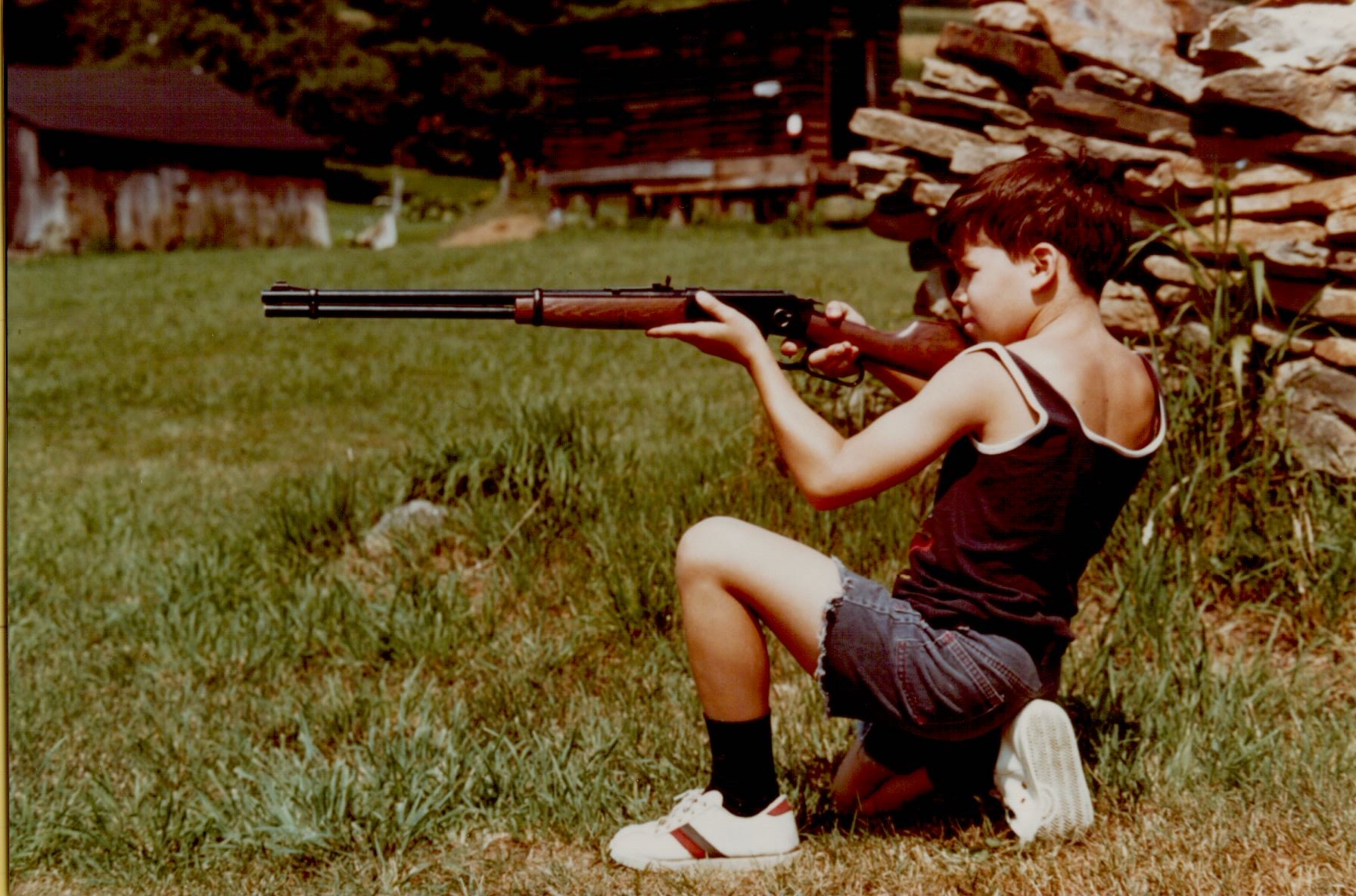
4) Which piece of pending legislation in Washington, D.C., related to the conservation, hunting and the firearm industry is particularly important to you and why?
One of the first bills I cosponsored in the Senate was Senator John Cornyn’s Constitutional Concealed Carry Reciprocity Act, (S. 65) which would treat concealed carry privileges similarly to drivers’ licenses for purposes of interstate reciprocity. In other words, under this bill, if you are allowed to conceal carry in your home state, you’d be allowed to do so in any other state.
I’ve said before that the Second Amendment is what guarantees the rest of them. Americans’ right to bear arms should not be infringed at state lines. I look forward to working with my colleagues on efforts that promote hunting, Second Amendment rights, and conversation.
I’m also supportive of Senator Daines’s America the Beautiful Act (S. 1547) to reauthorize the National Parks and Public Land Legacy Restoration Fund (LRF) for eight years. The LRF funds maintenance and repair work for roads, wastewater systems, visitor services, trails, employee housing, recreational assets, and more projects that are essential to the upkeep of our national parks and preserving the beauty of America.
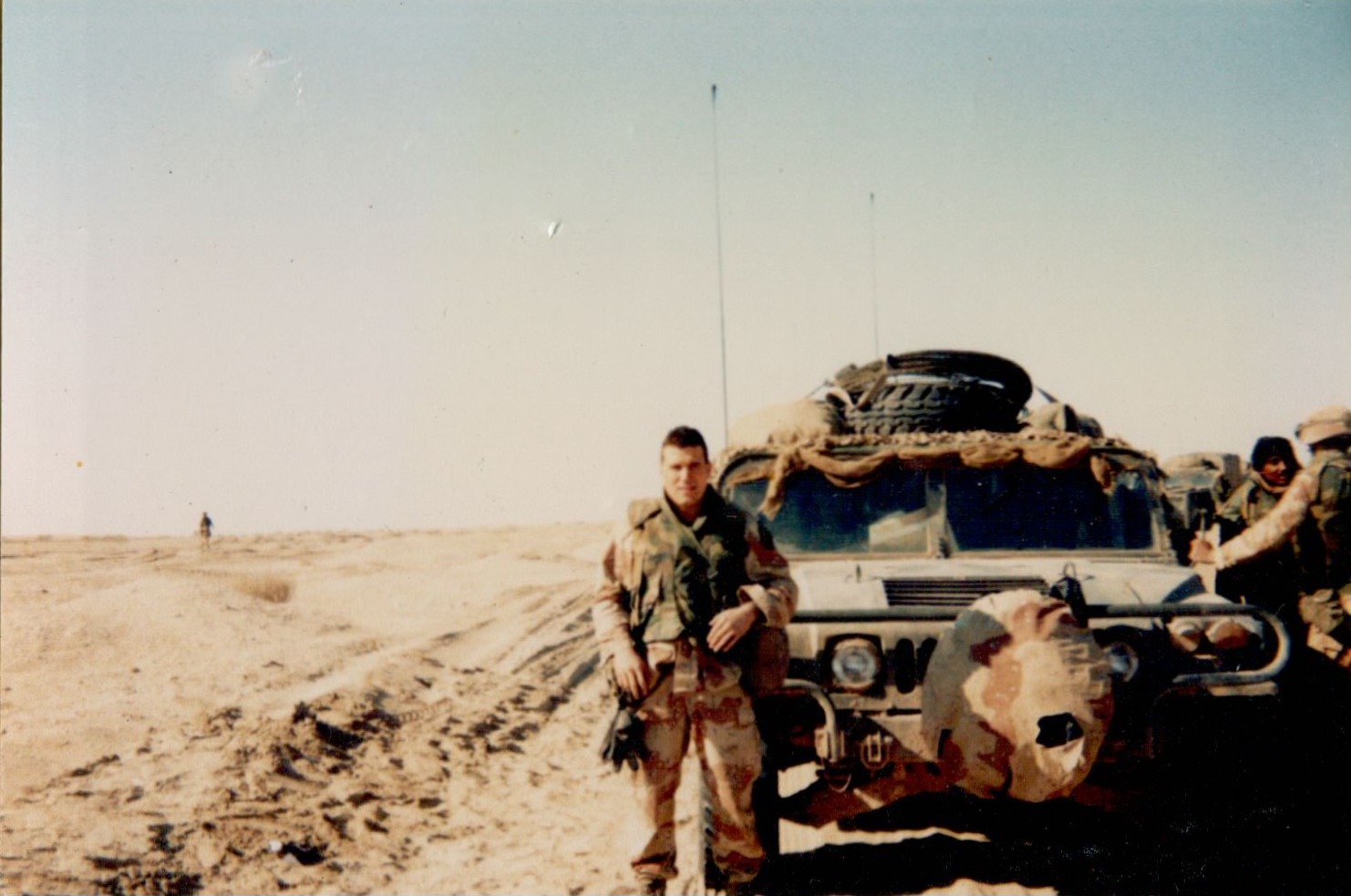
5) What do you see as the challenges and opportunities for hunters and shooting sports enthusiasts?
Set aside efforts to restrict the Second Amendment. I think one of the biggest challenges hunters and sportsmen face is efforts from animal rights and environmental groups to restrict access to hunting. There are some organizations that do a great job emphasizing that hunters and sportsmen are conversationists who are committed to preserving wildlife.
It should also be noted that hunting can be a great mental health outlet. As a veteran, I’ve seen firsthand how difficult it can be for so many to return home after combat. Many veterans’ groups use hunting as a way to help other veterans who are struggling with both the physical and mental wounds of war enjoy the outdoors, build fellowship, and restore a sense of normalcy to the difficult return to civilian life.
You may also be interested in:
Behind State-Level Momentum, Federal Anti-Credit Card Tracking Code Legislation Moves Forward
Categories: BP Item, Featured, Government Relations, Press Releases, Top Stories

